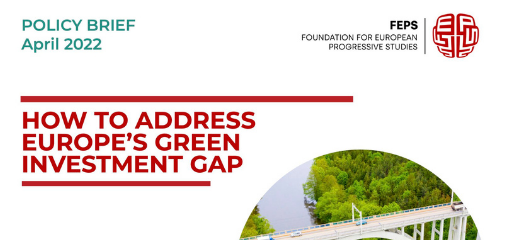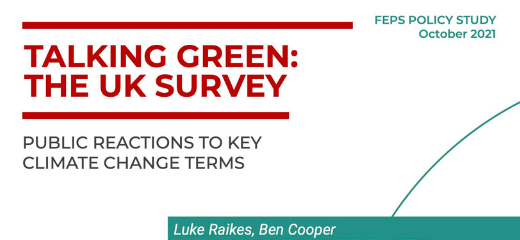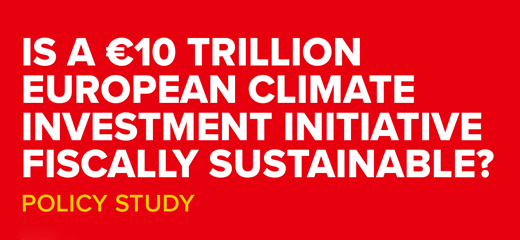
next environment
Publication
International climate cooperation is critical, but not for the reasons you might think
July 16, 2015Author: Fergus Green
Policy Viewpoint by Fergus Green is Policy analyst and Research Advisor to Professor Stern at LSE (London School of Economics), Grantham Research Institute.
It is often assumed that comprehensive international cooperation is essential to tackling climate change. After all, it is a global problem and action by all countries is necessary to avoid potentially catastrophic changes to our planet. But the greatest barriers to avoiding dangerous climate change can be found at home, within individual countries. International cooperation needs to adapt to this reality.
When representatives from more than 190 countries meet in Paris this December to agree on an international deal to tackle climate change, some may see the objective as sharing the ‘burden’ of cutting emissions among countries. But this is the wrong way to look at international climate cooperation.
Global inaction on climate change has traditionally been attributed to countries limiting the extent of their own action, preferring instead to ‘free-ride’ on other countries cutting global greenhouse gas emissions. This follows a flawed belief that cutting greenhouse gas emissions is a costly pursuit for minimal gains. For the most part, this is simply not true. Actions to cut greenhouse gas emissions are mostly in countries’ economic self-interest.
related publications
-

How to address Europe’s green investment gap
read more -

Talking Green UK
read more -

Rethinking Scenario Analysis from a Green and Social Perspective
read more -

Talking Green: The Irish survey
read more -

Is a €10 Trillion European Climate Investment Initiative Fiscally Sustainable?
read more -

The People’s Transition: Community-led development for Climate Justice
read more



























































